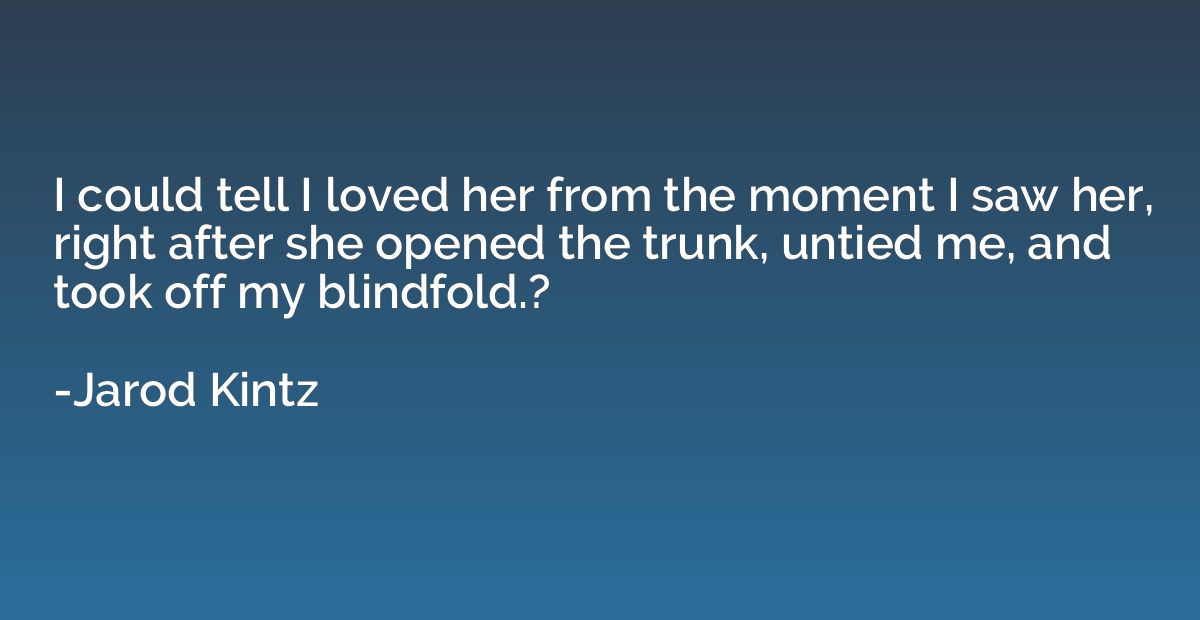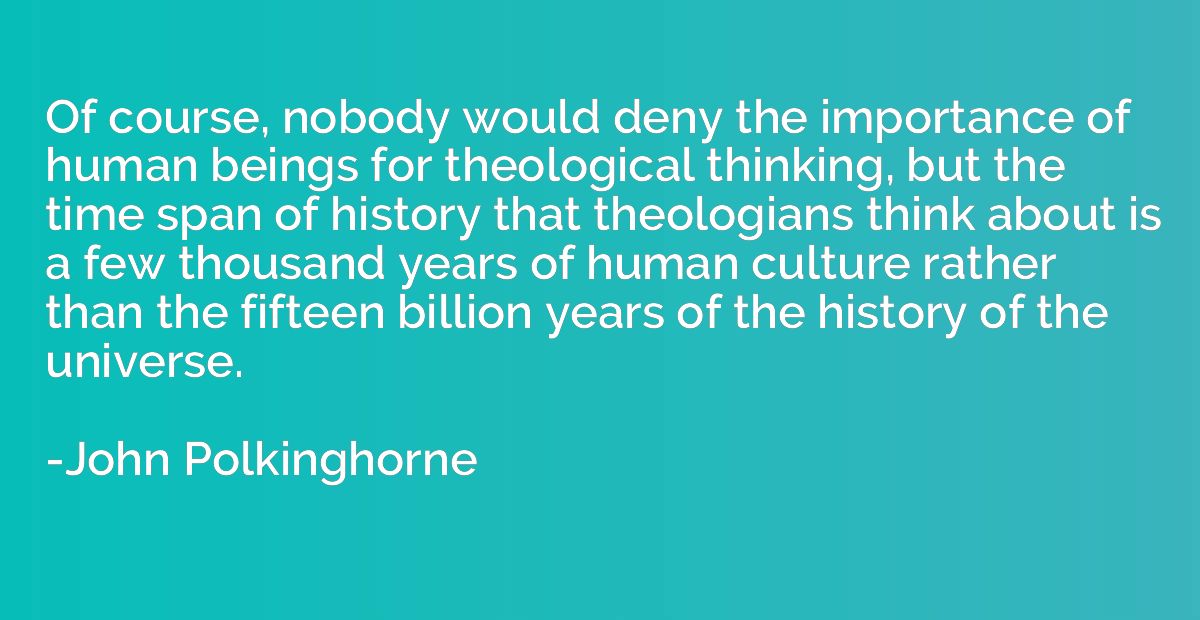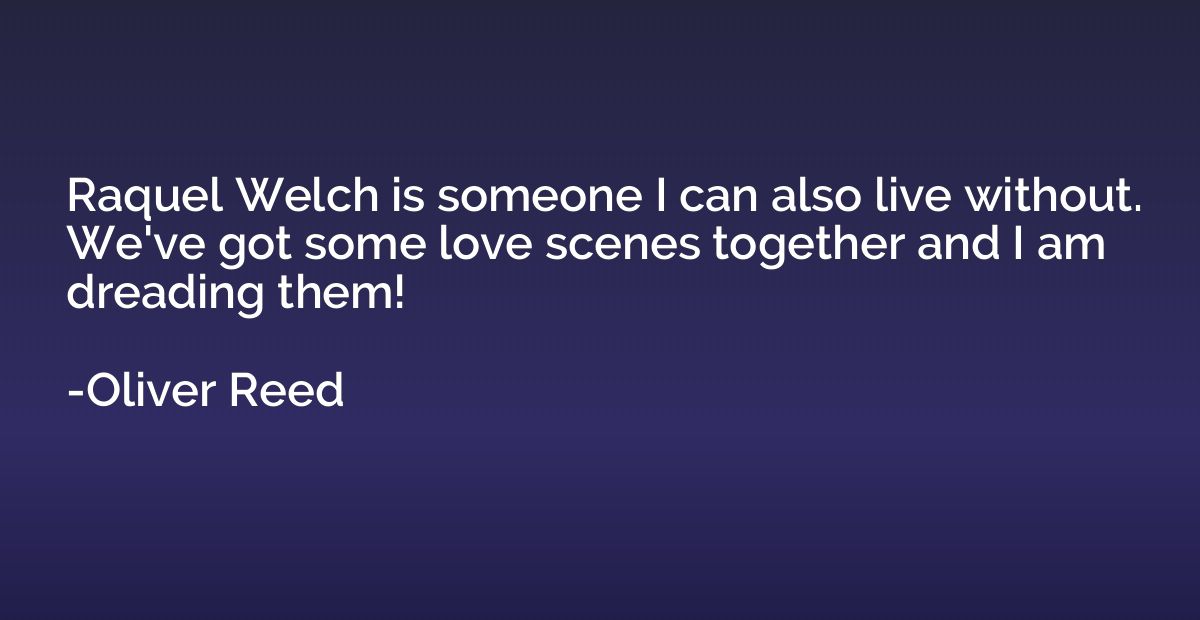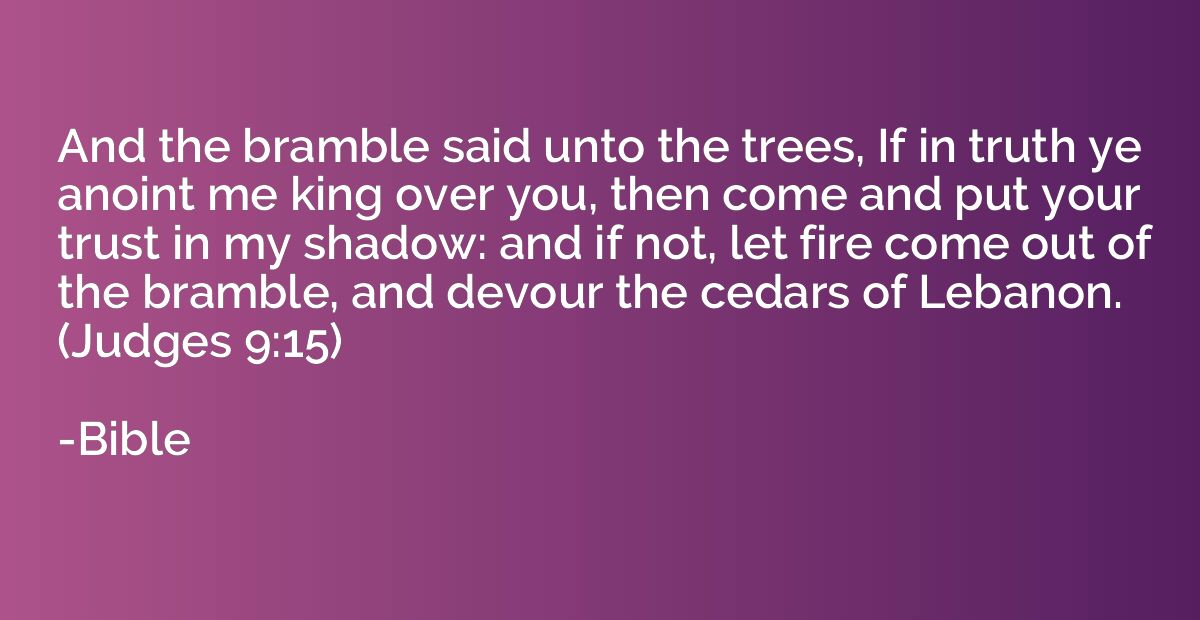Quote by Elizabeth Scott
Look at me. We aren´t them lauren. You´re not your mother or father any more than I´m my mother. You´re you and I´m me and I love you.
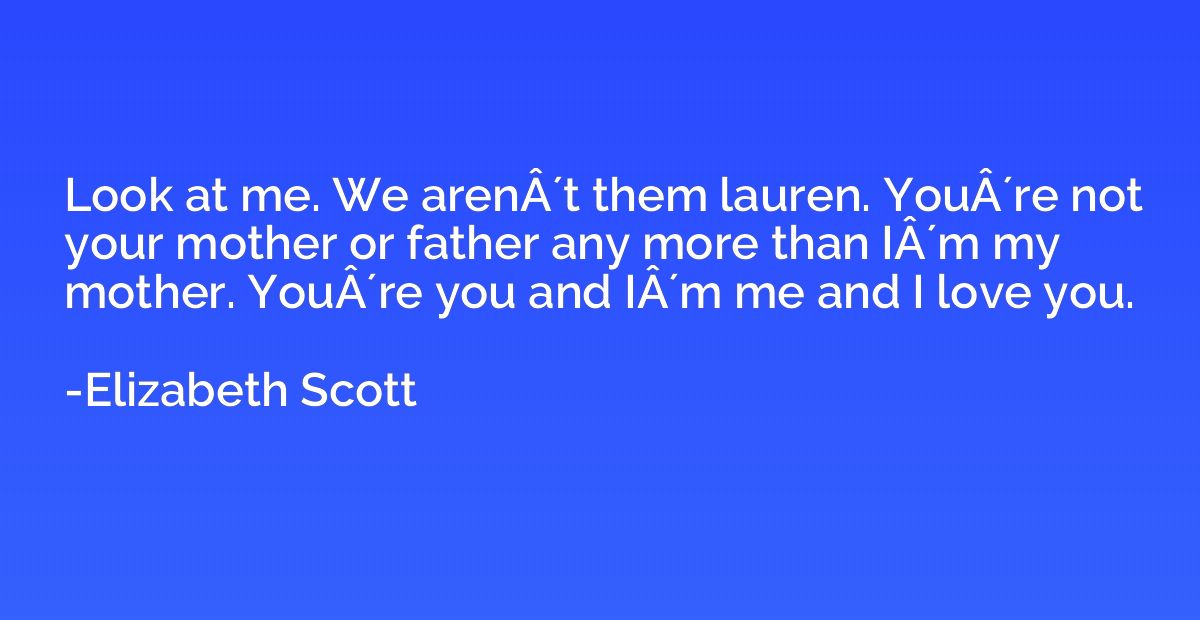
Summary
This quote emphasizes the idea that one's identity is not defined solely by their parents or their family background. It encourages self-acceptance and highlights the uniqueness of individuals. The speaker reassures Lauren that she is her own person, separate from her parents, just as he is separate from his mother. The phrase "You're you and I'm me" signifies the importance of embracing one's own identity and loving each other for who they truly are.






